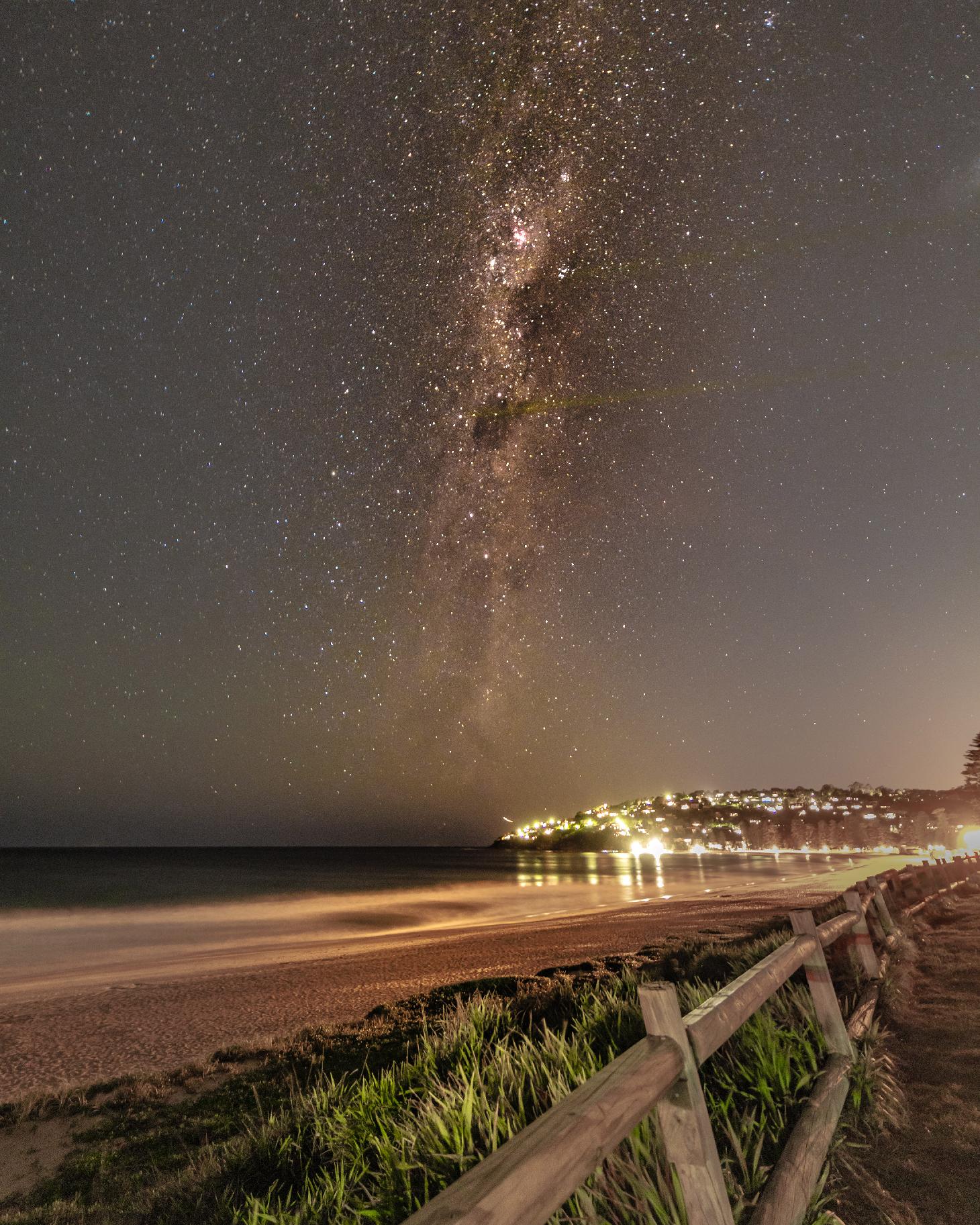Starry skies are natural assets we need to preserve, says night sky advocate: marnie ogg - the avalon story

When Marnie Ogg was a child, it wasn’t uncommon on summer days to play with her brother on the family’s lawn in Avalon Beach, running through a garden sprinkler that would run all day long.
“Water was used without consideration of how it flooded onto footpaths or dripped out of taps,” recalls the former Barrenjoey High School student.
These days, most people are only too aware of how precious water is, and we are increasingly installing water-saving devices in our homes and gardens.
We should adopt the same attitude toward light, says Marnie, talking to Radio Northern Beaches presenter Wendy Frew for The Avalon Story.
“We are illuminating our world with all manner of lighting,” Marnie says. “We are obscuring not only our view of the stars, but disrupting nearly all life on earth. The world’s urban and industrial lighting is so bright it’s likely much of it can be seen from the moon.”
After years spent in the tourism sector, Marnie, who still lives on the Northern Beaches, now dedicates her time to educating the public and government authorities about the dangers of light pollution.
Dark, natural night skies are important to animals, plants and humans, who need a regular interval of light and dark to know when to eat, sleep, hunt, migrate and reproduce.
For example, scientists believe that because moths use both the Earth’s magnetic field and visual cues on the horizon to navigate, light pollution from urban centres can confuse the moths and stall their journey.

Marnie, a former manager of the Sydney Observatory, founded the Australasian Dark Sky Association to promote the importance of the night sky.
Marnie also promotes appreciation of the natural world with her domestic and international tourism business, Dark Sky Traveller, with her partner, eminent astronomer Professor Fred Watson.
Taking tourists around the world on star-gazing trips made Marnie realise some of the best night skies were back in Australia.
“Bad weather would often ruin our chances of seeing the night sky overseas,” explains Marnie.
“Or if we were lucky to have a clear night it was light polluted. Coming back to Australia, and looking at the sky in my own backyard where I didn’t have to make any effort … I thought this has to be shared, this is a valuable asset.”
In recent years, Marnie has helped a number of Sydney councils – including on the Northern Beaches – apply to the International Dark Sky Alliance for Dark Sky designation.
She is one of only a handful of people around the world, and the first Australian, to be recognised for her work in preserving the night sky, by being officially dubbed a Dark Sky Defender by the International Dark Sky Alliance for her work for helping secure Australia’s first Dark Sky Place designation, at the Warrumbungle National Park.
You can hear more about Marnie’s work on The Avalon Story on Radio Northern Beaches.
Listen on demand, for free, at streaming platform Mixcloud. Go to https://www.mixcloud.com/TheAvalonStory/